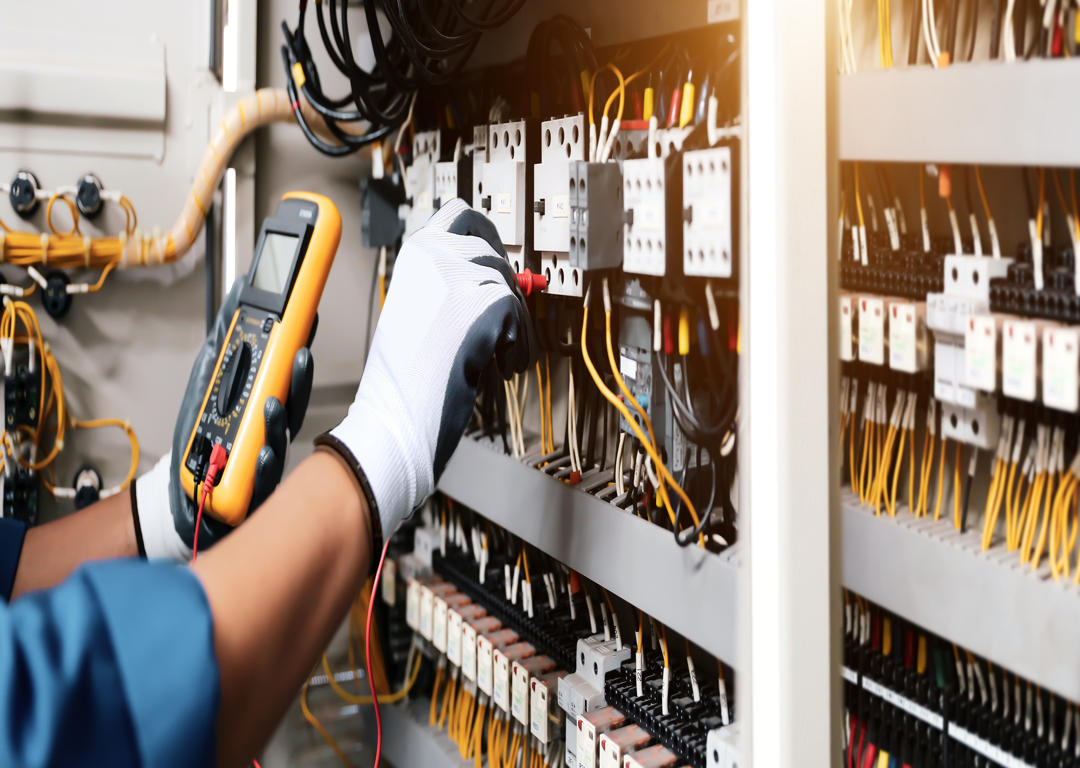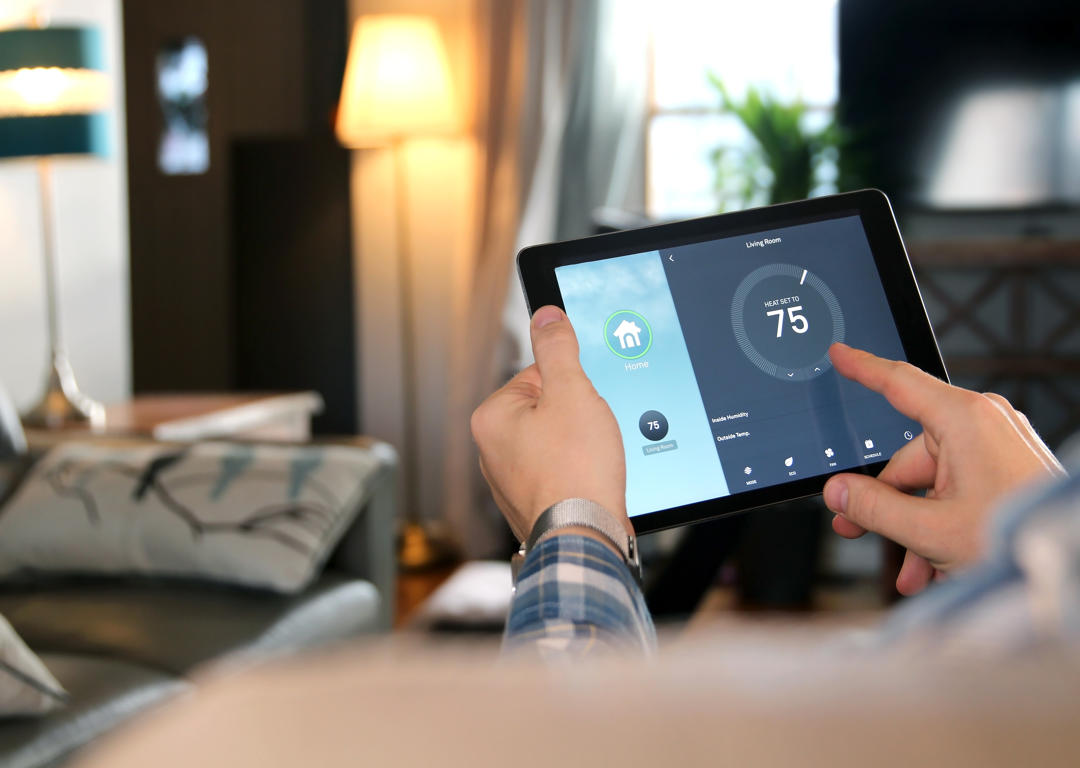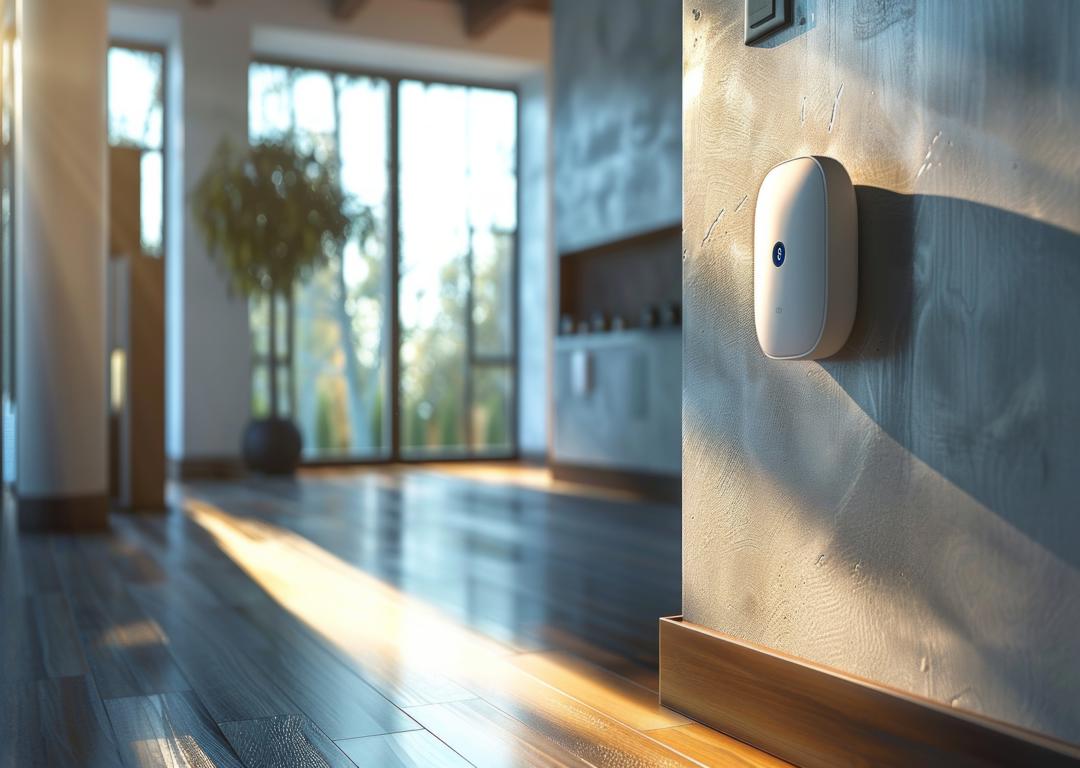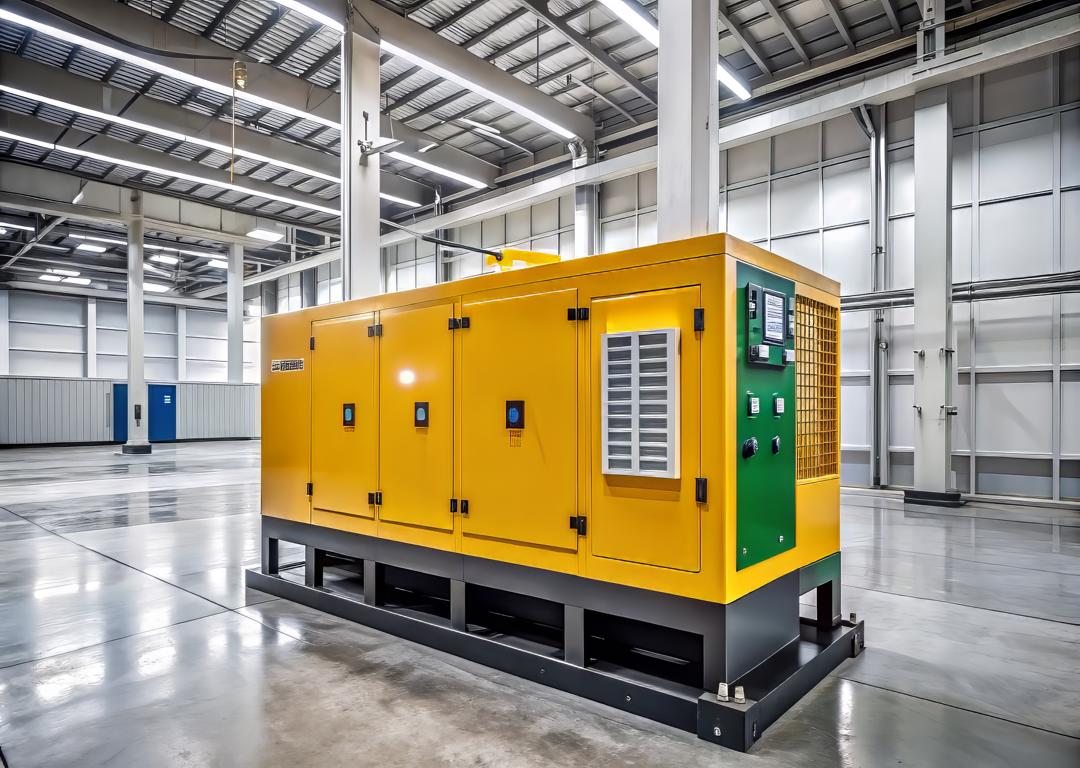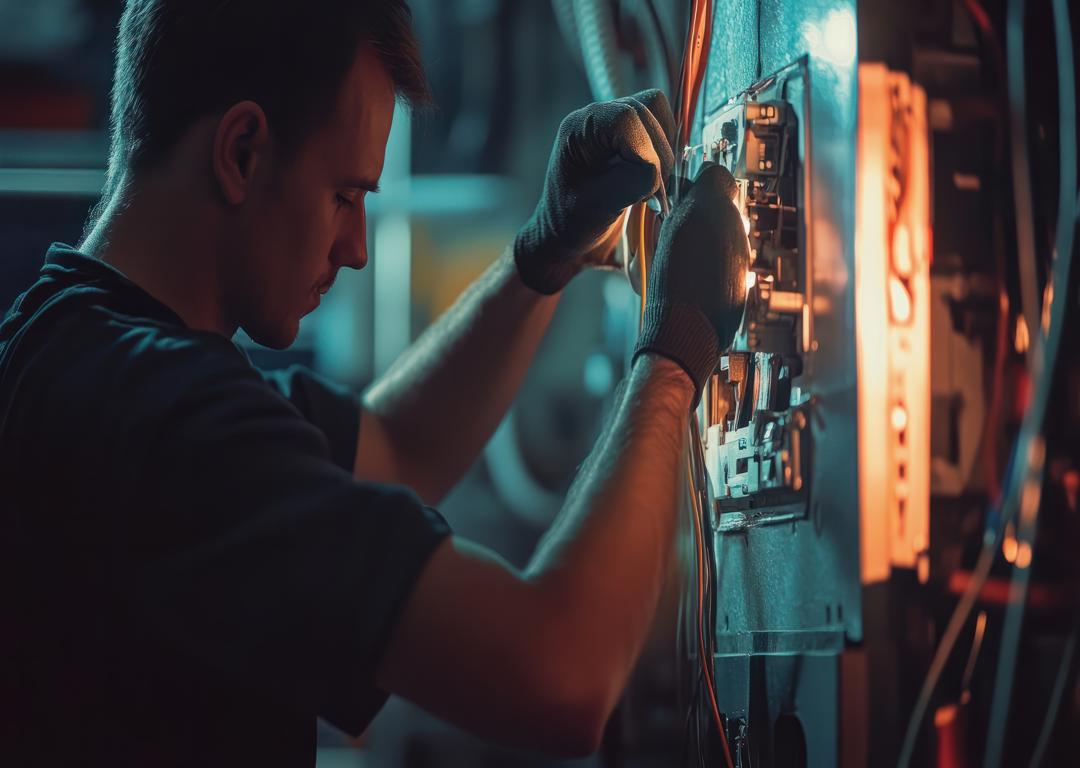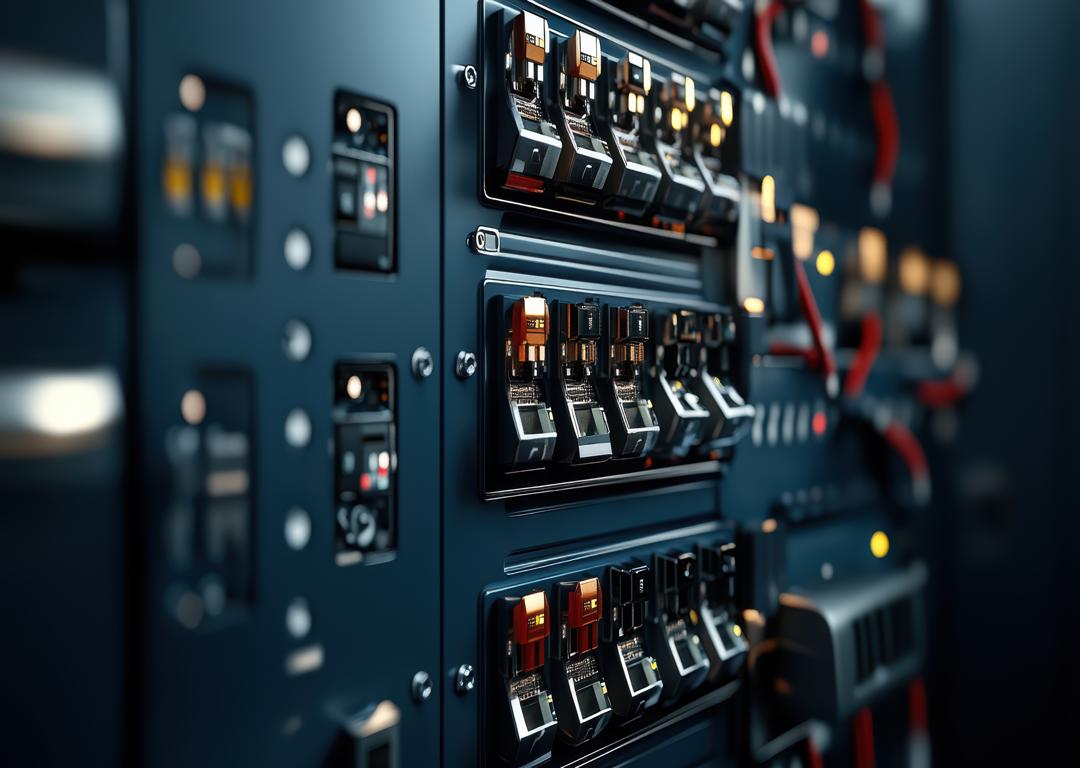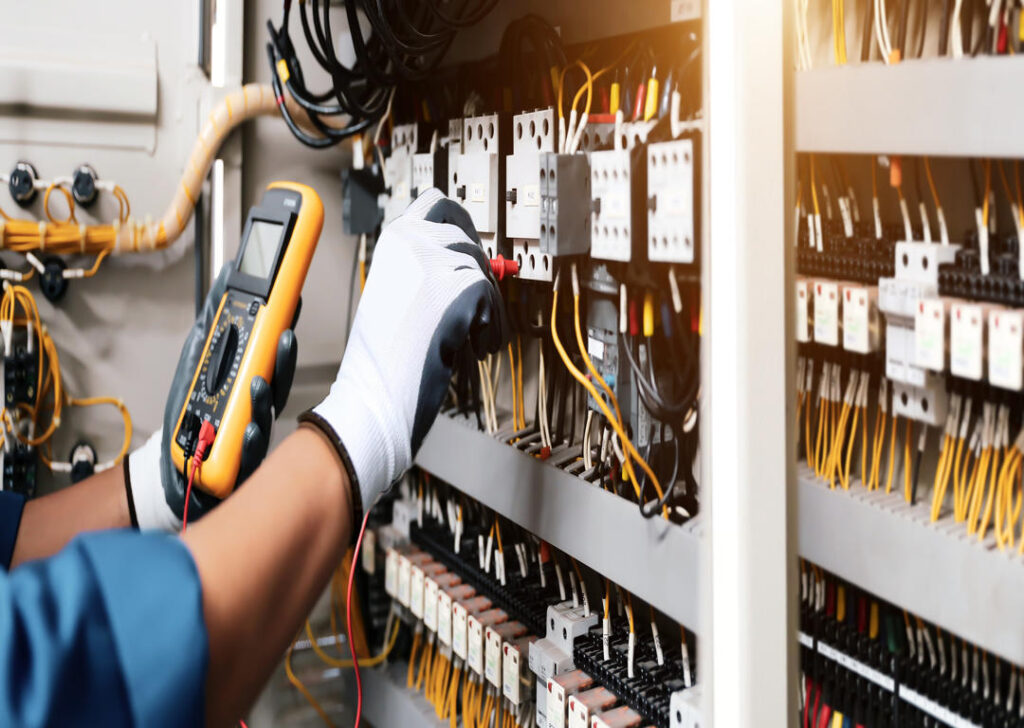
As a property manager or landlord, maintaining the electrical systems in your rental properties is crucial for both tenant safety and the longevity of your investments. Neglecting routine maintenance can lead to unexpected emergencies, costly repairs, and potential legal liabilities. By implementing regular electrical maintenance practices, you can prevent issues before they escalate, ensure compliance with safety standards, and keep tenants satisfied. Whether you manage single-family homes or multi-unit properties, working with a qualified electrician for rental home inspections and maintenance ensures safety and reliability.
Why Electrical Maintenance is Critical for Rental Properties
Rental properties experience higher wear and tear due to frequent tenant turnover and varied usage of electrical systems. Without proper upkeep, issues like faulty wiring, overloaded circuits, or malfunctioning outlets can quickly become hazards. Routine maintenance offers several key benefits, including:
- Keeping tenants safe from fire hazards, shocks, or electrical malfunctions
- Preventing expensive repairs by identifying small issues early
- Ensuring compliance with local electrical codes and avoiding fines
- Protecting the value of your property and preventing costly damage
Tenants also appreciate well-maintained systems, leading to higher satisfaction and lease renewals.
Key Electrical Maintenance Practices
Regular inspections are the foundation of any electrical maintenance plan. A licensed electrician can identify potential problems and prevent larger issues down the road. During inspections, a professional will:
Check the electrical panel for signs of overload or damage
- Test outlets, switches, and fixtures for proper function
- Ensure GFCI outlets are installed in areas like kitchens, bathrooms, and outdoor spaces
- Inspect wiring for wear, corrosion, or exposed connections
In addition to inspections, property managers should also:
- Replace outdated fuse boxes with modern circuit breaker panels to handle modern power demands
- Upgrade aging wiring, such as aluminum or knob-and-tube systems, which can create safety hazards
- Add additional outlets to reduce tenant reliance on power strips and extension cords
Upgrading these systems not only enhances safety but also improves energy efficiency and tenant satisfaction.
Smoke and CO Detector Testing
Smoke detectors and carbon monoxide (CO) detectors are essential safety components in any rental property. Many states require landlords to provide working detectors to tenants. To ensure these devices are fully operational:
- Test all smoke and CO detectors monthly to confirm functionality
- Replace detector batteries annually or as recommended by the manufacturer
- Install hardwired, interconnected systems that trigger all alarms in the home when one detects smoke or CO
- Place CO detectors near fuel-burning appliances, bedrooms, and attached garages
- Use combination smoke and CO detectors to streamline maintenance and improve efficiency
Professional electricians can ensure proper placement, wiring, and installation for reliable, long-term protection.
Preventing Overloaded Circuits
Overloaded circuits are a common issue in rental properties, particularly with tenants using high-demand devices like space heaters, gaming systems, and air conditioners. Signs of overloaded circuits include:
- Frequently tripped breakers or blown fuses
- Overheating outlets or scorched outlet covers
- Dimming lights when large appliances are in use
To mitigate these issues, property managers should:
- Educate tenants on safe electrical practices, such as limiting the use of extension cords
- Consider installing dedicated circuits for high-demand appliances like HVAC systems or laundry units
Addressing overloaded circuits early reduces fire risks and prevents disruption for tenants.
Maintaining Exterior and Shared Spaces
Electrical safety extends beyond the walls of each rental unit. Property managers must also ensure shared areas and outdoor spaces are well-maintained. This includes:
- Inspecting outdoor lighting to ensure parking lots, walkways, and entrances remain well-lit for tenant safety
- Checking weatherproof outlets and protective covers to prevent water damage
- Maintaining security systems, such as cameras, alarms, and intercoms, to provide reliable protection
For multi-unit properties, ensuring proper lighting and electrical function in shared spaces enhances safety and improves tenant satisfaction.
When to Call a Professional Electrician
While basic maintenance, such as testing smoke detectors or replacing lightbulbs, can be done in-house, larger tasks require a professional’s expertise. Call a licensed electrician if you encounter:
- Tripped breakers that won’t reset or frequent power disruptions
- Buzzing sounds, sparks, or burning smells from outlets or switches
- Exposed, outdated, or damaged wiring
- The need for system upgrades, such as additional circuits, outlets, or panel replacements
By partnering with a professional electrician, property managers ensure all electrical work is completed safely, efficiently, and in compliance with local codes.
Keep Your Rental Properties Safe and Reliable
Proactive electrical maintenance is essential for protecting tenants, preserving property value, and avoiding costly emergencies. By scheduling regular inspections, upgrading outdated systems, and working with a licensed electrician, property managers can provide safe, functional living spaces that tenants appreciate.
At Genesis 1:3 Electric, we specialize in affordable electrical maintenance and inspections for rental properties in Denver, CO. Whether you need routine inspections, panel upgrades, or smoke detector installations, our experienced electricians are here to help.
Don’t wait for an electrical emergency—contact Genesis 1:3 Electric today to schedule your electrical maintenance and keep your properties running safely and efficiently.

